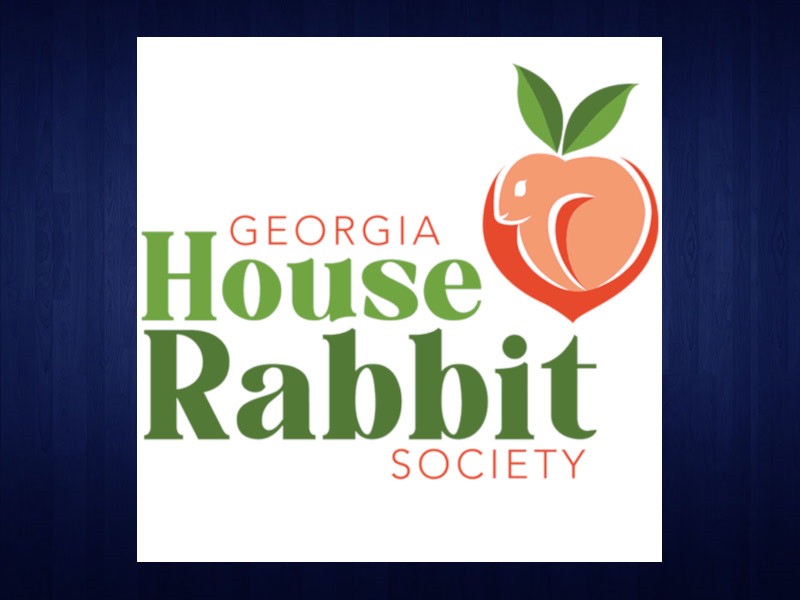With Easter approaching, the Georgia House Rabbit Society is advising families to think twice before they adopt a rabbit.
The Georgia House Rabbit Society often experiences an increase in owner-surrendered rabbits several weeks after Easter. The shelter, located in Kennesaw, is the largest domestic rabbit rescue in the state and has 101 adoptable rabbits.
“We see that influx about eight weeks after Easter and Christmas,” assistant shelter manager Courtney Gurley said. “So we have a big push, kind of mid-March, and again [in] mid-June, mid-July.”
Gurley attributes this influx to people who purchase young rabbits and are unaware that they must be neutered or spayed. If a rabbit is not altered before it reaches sexual maturity at six months, it can display aggressive and territorial behavior.
“They get destructive and territorial and start destroying carpet and peeing on walls,” Gurley said. “And all the gross things that bunnies can do if they're not fixed. And so [owners] start looking into options and why their bunny is acting like this. They call us and our number one reason is ‘you’ve got to get them fixed.’”
According to Gurley, it can be difficult to find a veterinarian to perform the operation. Rabbits are classified as exotic animals which limits the veterinarians who are qualified to care for them.
Gurley said that rabbits’ weak immune systems and delicate bodies can make for an expensive operation. Spay or neuter surgery can range from $400 to $600.
“You can’t intubate them like you would a dog or a cat,” Gurley said. “So they have to go under very light anesthesia with a mask, and it's just a lot more complicated.”
The Georgia House Rabbit Society has an application that potential adopters must complete, in addition to a three-page quiz about rabbit care. The rescue enforces this policy throughout the year, but it is especially important during the Easter season.
“Typically for Easter, we have people walk in the door with a big family and they want to come and pick up a bunny that day,” Gurley said. “And so our process is you have to go home, fill up the application, and we do not do same-day appointments. That way, at the very least, you have to read through everything, sleep on it and then decide if a bunny is really going to be a good fit.”
Rabbits can stay at the shelter for a long time before they are adopted. Gurley said the Georgia House Rabbit Society had 376 surrender requests in 2021.
“Usually we end up with about a 40 or 50 bunny deficit,” Gurley said. “So if we take in 300, we usually adopt out probably 250 to 280 depending on the year.”
The Georgia House Rabbit Society tries to send rabbits to animal control in order to maximize space.
“Gwinnett, Fulton, Dekalb, Cobb and Forsyth [counties] all take in bunnies,” Gurley said. “They don’t take very many, but they do intake some.”
Furkids is a rescue based in Forsyth County that typically intakes dogs and cats. However, Furkids has four rabbits that are currently being cared for in foster homes.
“The rabbits that we have in our care came from owners that could no longer take care of them,” Furkids CEO and founder Samantha Shelton said. “They're all very sweet rabbits.”
Shelton said that if an individual or family plans to adopt a rabbit, they need to be prepared.
“There's a lot of information online that can explain what to expect,” Shelton said. “Make sure your house is ready, and that every member in the household is ready and can contribute to the care and that they fully understand what's involved. And it's not just for the moment, [a rabbit] can't be some cute seasonal thing. This is a living, sentient being that needs care and around-the-clock and responsibility.”

http://accesswdun.com/article/2022/4/1094473/rabbit-rescues-anticipate-easter-related-surrenders
